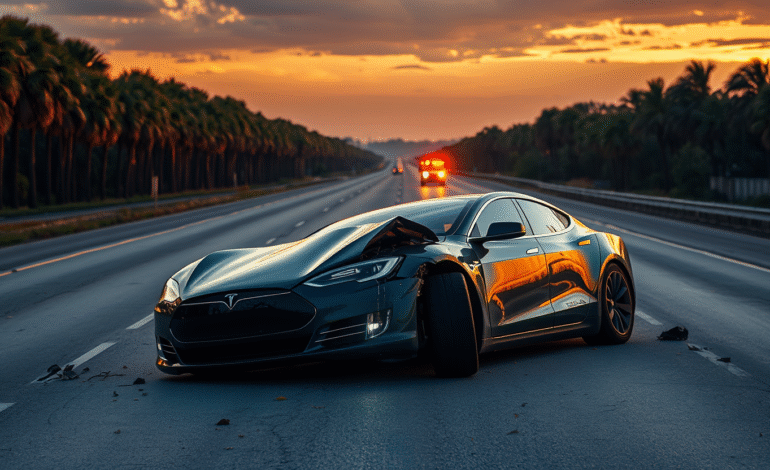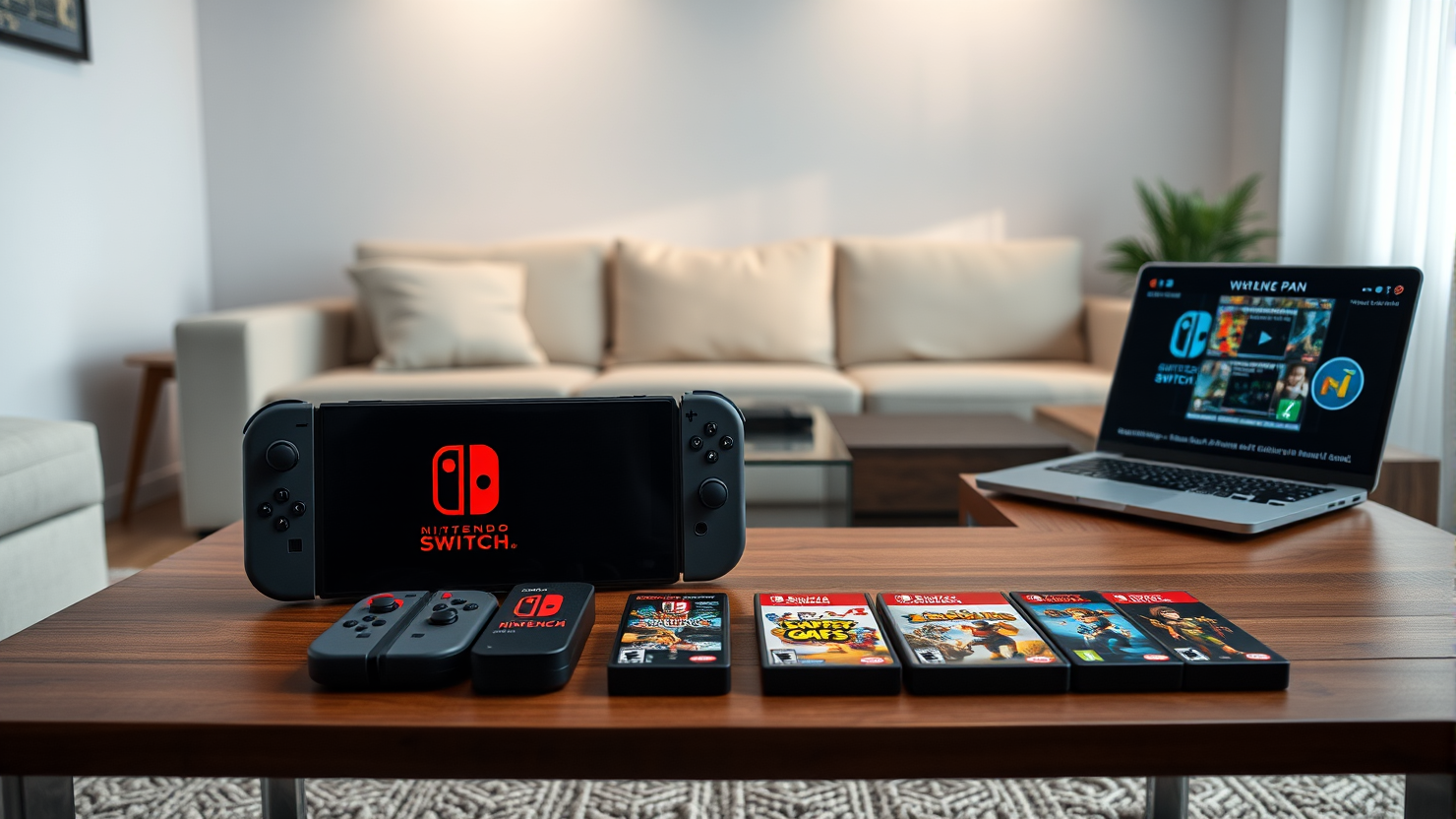Plaintiffs Pursue $345 Million in Damages Over Fatal Tesla Autopilot Crash in Florida

In a landmark federal trial, Tesla Inc., the electric vehicle manufacturer led by Elon Musk, faces a significant verdict concerning a fatal crash involving its Autopilot system that occurred in 2019. This marks the first time the company has stood before a jury on such matters in a U.S. court.
Representing the plaintiffs, attorneys petitioned the jury to award compensatory damages of approximately $109 million and punitive damages amounting to $236 million during their closing arguments on July 14. The trial, held in the Southern District of Florida, is centered around determining liability for a fatal accident that transpired in Key Largo, Florida.
The incident involved George McGee, a Tesla owner operating his Model S electric sedan while utilizing the company’s Enhanced Autopilot, a semi-autonomous driving system. While driving, Mr. McGee dropped his mobile phone and attempted to retrieve it. He testified that he believed Enhanced Autopilot would apply the brakes if an obstacle was detected. As a result, he accelerated through an intersection at over 60 miles per hour, striking an unoccupied parked car and its owners who were on the opposite side of their vehicle.
Tragically, Naibel Benavides, aged 22, succumbed to injuries sustained in the crash at the scene. Her body was found approximately 75 feet from the point of impact. Dillon Angulo, her boyfriend, survived but endured multiple fractures, a traumatic brain injury, and psychological trauma.
The plaintiffs include Benavides’ surviving family members and Mr. Angulo, who testified during the trial. Mr. Angulo seeks compensation for his medical expenses and pain and suffering, while Benavides’ estate is suing for wrongful death, pain and suffering, and other punitive damages.
Lawyers representing the plaintiffs asserted that Tesla’s semi-autonomous driving systems, marketed as Autopilot at the time, contained dangerous defects that should have been identified and rectified by the company. They also argued that Musk and Tesla made misleading statements to customers, shareholders, and the public regarding the safety benefits and capabilities of Autopilot, which encouraged excessive reliance on the system.
In their defense, Tesla’s attorneys contended that the company had effectively communicated with customers about using Autopilot and other features, and that Mr. McGee’s driving was responsible for the collision. They argued in their closing remarks that Tesla is dedicated to developing technology aimed at saving drivers’ lives, and that a ruling against the EV manufacturer could convey an undesirable message.
Previously, the Benavides family had filed a lawsuit against Mr. McGee and reached a settlement. Mr. McGee was charged with careless driving in October 2019 and did not contest the charges.
Typically, Tesla has been successful in resolving cases or moving Autopilot-related lawsuits into arbitration, thereby keeping them out of public scrutiny. However, Judge Beth Bloom in the Miami court ruled in an early July order that the case could proceed to trial. In her ruling, she stated, “A reasonable jury could find that Tesla acted in reckless disregard of human life for the sake of developing their product and maximizing profit.”






